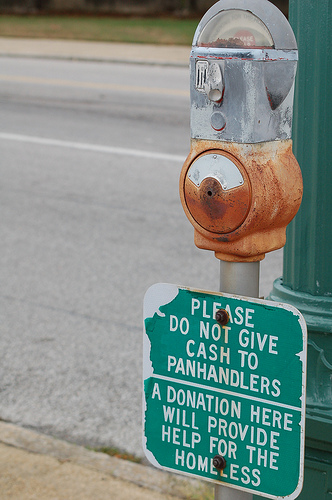Panhandling is asking other people for money, things or help. Loitering is just sitting or standing around where you’re not supposed to. You can get in trouble for both of these activities. But you also have rights.
What’s legal on the street depends on where you are.
In Minneapolis, it is illegal to panhandle in these places:
- In restrooms
- Within 10 feet in any direction from a crosswalk
- In public transportation vehicles, facilities, stops or shelters
- On any park land, playground, or public entertainment venue, including within 50 feet of entry or exits.

- By asking someone in a parked or stopped car
- At a sidewalk cafe
- At an entrance of a business or government building
- Within 80 feet in any direction from an ATM or financial institution
- At or within 10 feet of a gas station, liquor store, or convenience store
While:
- Touching others
- Blocking a path or entrance
- Following a person who said “no” to ask again
- Using obscene, profane or abusive language
- Making others afraid that you may hurt them
- Threatening to damage other’s stuff
- Scaring others
- When you are drunk or high
- When you are in a group of two or more
- Asking for help while it is dark outside
However, it is legal to:
- Stand calmly and ask for help once
- Sit or perform with a sign (if you have a sign, you can’t verbally ask for help)
In St. Paul, it is illegal to panhandle in:
- A restroom
- At a bus or light rail stop or shelter
- At a crosswalk
- In any public transportation vehicle or public transportation facility
- In a vehicle which is parked or stopped on a public street, alley or off-ramp.
- In a sidewalk cafe or restaurant
- In a line waiting to get into a business or government building
- Within 20 feet in any direction from an ATM or entrance to a bank, other financial institution or check cashing business.
- In a park
- Within 10 feet in any direction of a gas station, liquor store or convenience store
- In public or private property where there is a posted “no solicitation” sign
While:
- Touching a person without their consent
- Blocking someone’s path or entrance to a building or vehicle
- Following a person who walks away from you, after you ask once with the intent to intimidate or ask again
- Using language that is offensive, obscene or abusive
- Approaching the person in an intimidating way
- When you are drunk or high
- When you are in a group of two or more
3 TIPS
- Be honest about your needs when you are asking for money. People will appreciate it.
- Transgender youth should ask for money at GLBTQ-friendly places.
- Try asking for goods instead of money.
Photo: by ilovememphis
